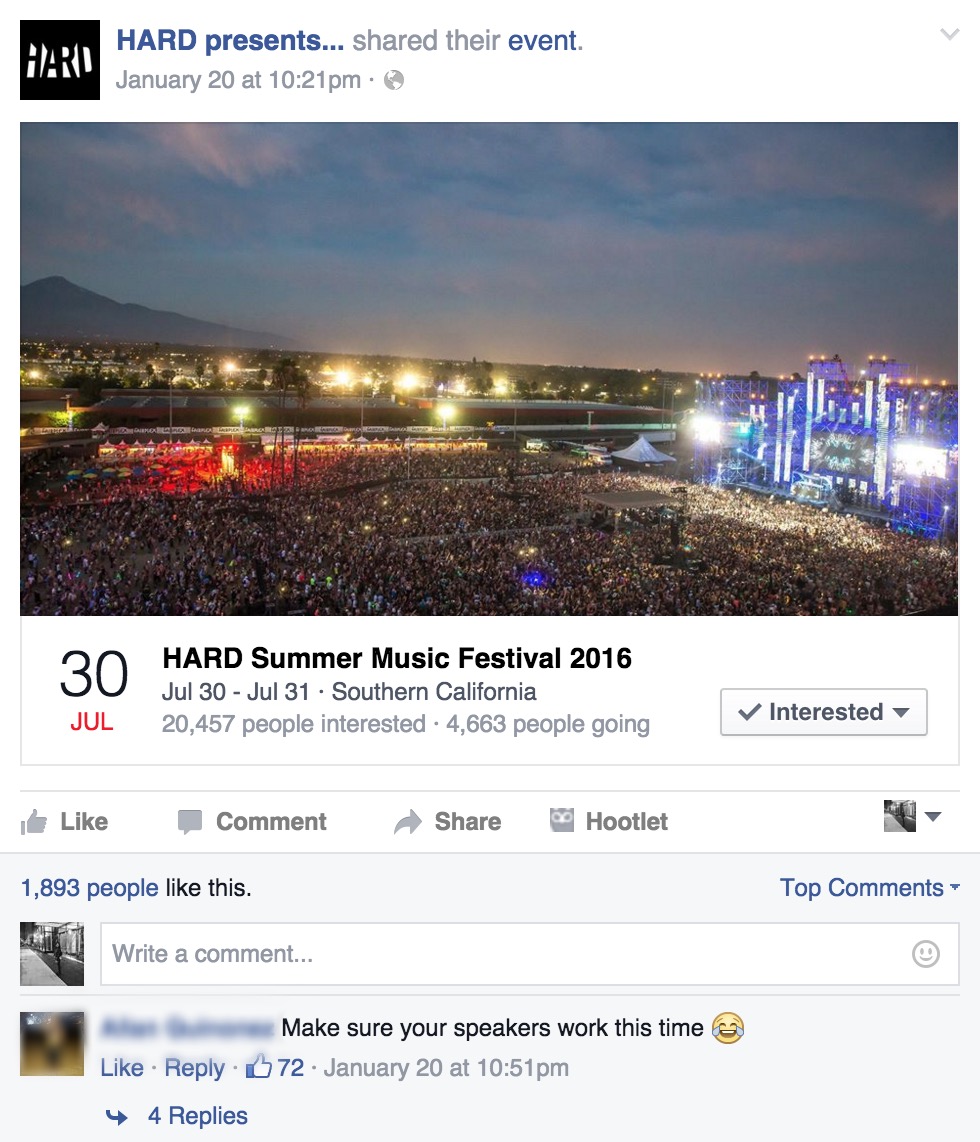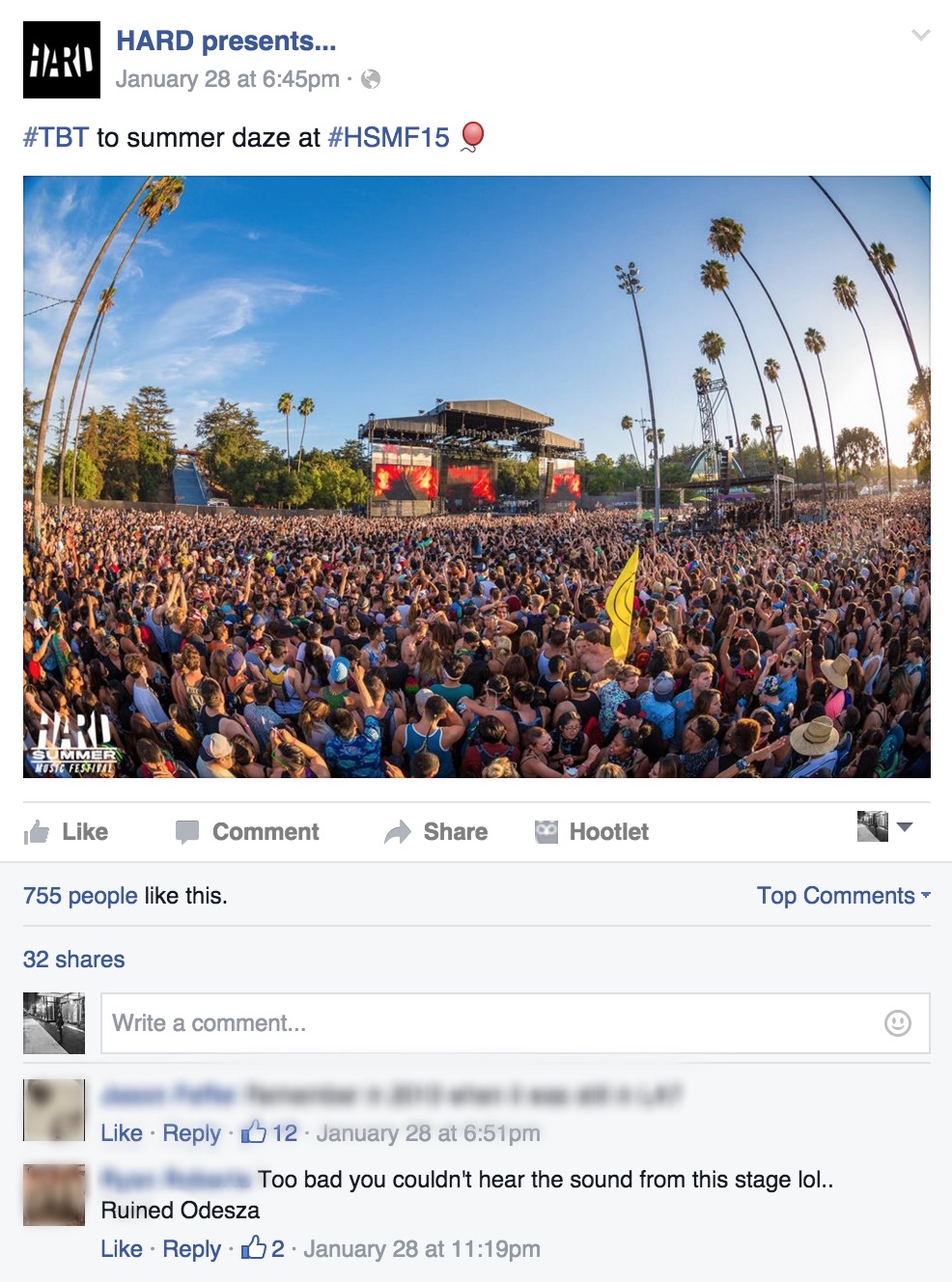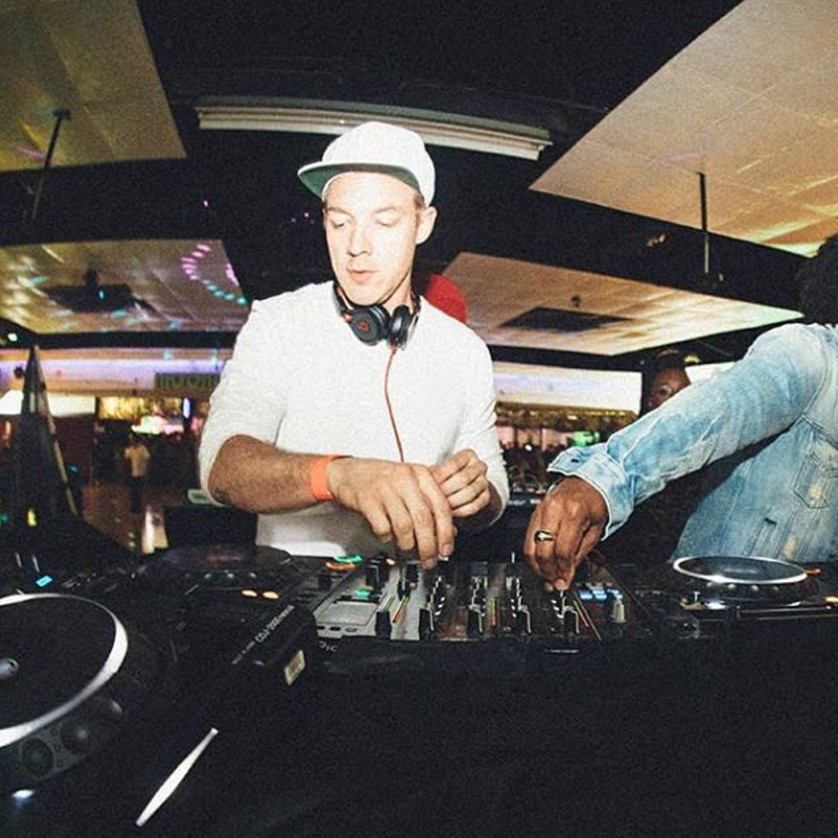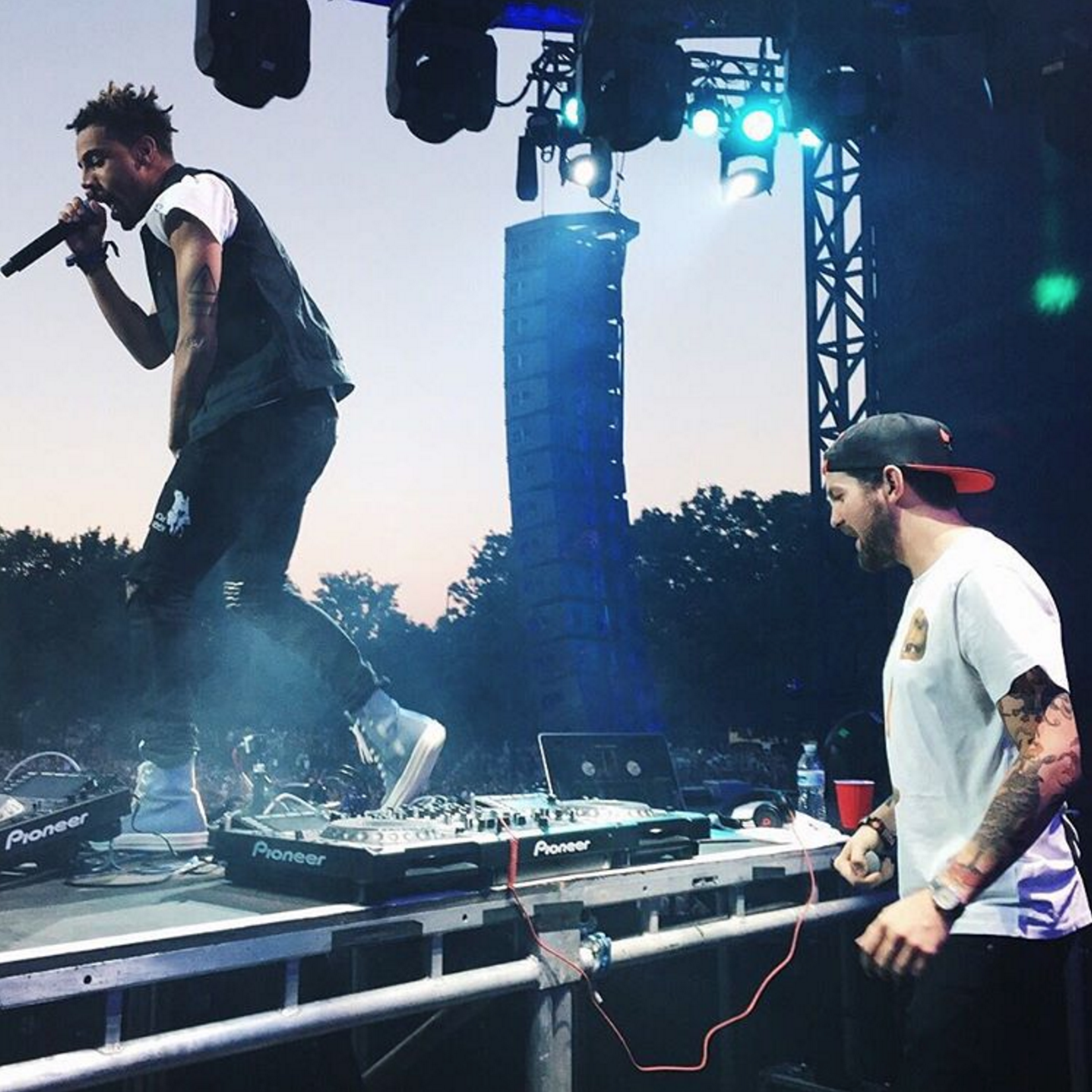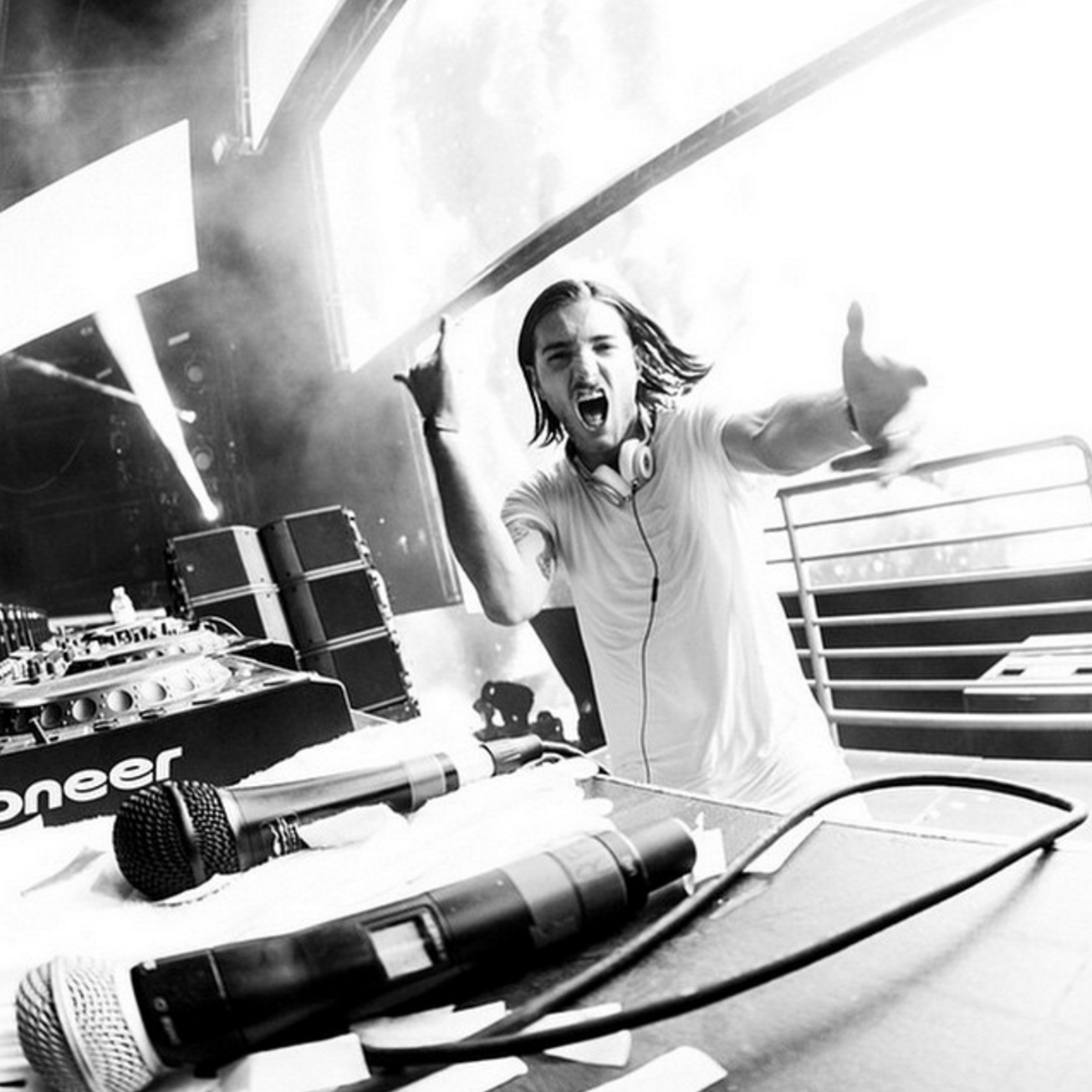The Ministry of Sound Club x Dolby Atmos collaboration presents an opportune moment for Dolby Laboratories to fully immerse itself into the world of music (and music festivals, to be specific), just as the company has immersed and captivated audiences in the world of film.
I recently bought my ticket to see English dance music producer Flux Pavilion in Dolby Atmos at London's Ministry of Sound Club this March. I can't wait because, as a bit of an audiophile, I know that hearing the performance in Dolby Atmos will change the way I expect future concert experiences to sound. In other words, it'll set my standards for sound really high.
Dolby Atmos is Dolby's breathtaking, moving audio technology that allows sound to be "precisely placed and moved anywhere," which means that it allows you to feel and experience every dimension of sound. Even if you're not familiar with the "Dolby Atmos" name, I'm sure you've experienced all of its glory in the cinema at some point. Tons of movies have been released in Dolby Atmos (think Star Wars, Fantastic Four and American Sniper, just to name a few.)
Now, Dolby's collaboration with London's world-famous Ministry of Sound Club marks the first step in Dolby entering the music market. And, in my opinion, it shouldn't be the last.
“We have seen how Dolby Atmos transformed the cinema and home-theater, and we are confident that it will leave a lasting impact on the music industry, making live music and clubbing more engaging and immersive.”
Dolby's entrance into the music market is a smart, strategic business move because it'll help grow the consumer appeal – and thus demand – of Dolby's wide array of audio, imaging and communication technologies.
So, the perfect next step for Dolby would be to introduce Dolby Atmos to music festivals, a global market that has grown to $6.9 billion in 2014, as this would help directly solve the recurring problem of sound failures at festivals. Watch below.
As you can see (and hear), sound issues occurred not once, but twice during deadmau5's set at HARD Day of the Dead 2015 this past October, causing his music to stop abruptly and leave fans in utter shock. Sound problems during ODESZA's set during HARD Summer Music Festival 2015 in August also left me, as a big listener, pretty disappointed.
Based on the comments below, you'll find it pretty clear that the festival's attendees aren't afraid to express their downright dissatisfaction on social media, even months after the events took place.
These sound failures also always seem to make it in the press:
“The indoor stages were packed with gorgeous light features, but lacked in sound quality. Poor acoustics in indoor stages made for a strange, echo-ey effect that caused most of the DJs that played there to sound muddy and oddly washed-out.”
While it may seem like I'm picking on HARD here (when HARD is actually my favorite music festival brand in terms of artist line-ups), the reality is that the company isn't the only victim of festival sound issues. During the Sydney Festival in Australia last month, The Flaming Lips' Wayne Coyne was "borderline inaudible" due to sound issues, according to The Guardian. At Lovebox Festival 2014 in London, recording artist M.I.A.'s set stopped due to sound difficulties, and people tweeted angrily about it. The list goes on.
But this is where I believe Dolby can come in to #savethefestival and improve sound with Dolby Atmos. Incorporating the Dolby Atmos technology into music festivals would not only solve recurring sound issues at large-scale music festivals, but also make the Dolby brand more relevant to millennials, who make up approximately 46% of US music festival attendees, according to Billboard. In addition, a study from Forbes by live promoter AEG showed that sponsoring a live music event makes millennials trust and recommend those brands.
In this way, providing powerful sound systems at festivals – and perhaps even creating a "Dolby Stage" – would help boost Dolby's brand perceptions in the end.
And given that I'm a marketing major, I couldn't resist but come up with marketing tactics that Dolby could implement during its entrance into the music festival market. Here are a few marketing activities that I believe would best target music-loving millennials and promote Dolby Atmos in the festival environment.
Utilize Celebrity Endorsements
On Instagram, Beats by Dre often shows celebrities simply wearing Beats headphones, as you can see below. While expensive, this method of marketing has been effective for the brand, as the company now boasts 2.6 million Instagram followers, in comparison to Bose's mere 153-thousand following. Although audiophiles seem to really loathe Beats headphones, the company's 2014 acquisition by Apple illustrates that its fashionable edginess, thanks to so many celebrity sponsorships, has done the company well in the end.
In the same vein, I can see Dolby Instagramming some cool artists using Dolby Atmos in their festival sets.
Invest in Valuable Content Marketing
Think: partnering with DJs, producers, and recording artists to, for example, offer behind-the-scenes video clips in Dolby Atmos quality. Baauer – one of my favorite DJs, and a popular performer at prominent festivals including Coachella – partnered with Red Bull in 2014 to create a mini documentary that showcased him traveling the world to "search for sound." This is just one example of how Red Bull, a company known for being a marketing powerhouse, continues to build its brand equity.
Similarly, in 2012, Dolby did partner with The Chemical Brothers to produce the first concert film cinema release in Dolby Surround 7.1. But I believe Dolby could look to continue to replicate this kind of content – both relevant to the brand and its target market – to generate a stronger emotional connection with consumers and a greater liking for the brand.
Ultimately, a presence in the music festival scene, combined with strategic marketing techniques, will allow Dolby to build on its momentum in music and freshen up its brand image, while helping Dolby to become a more empowering lifestyle brand. And, most importantly, these partnerships will help attract millennials and build a stronger brand loyalty that may create a snowball effect and lead to more millennials using Dolby's other flagship cinema products.
Given the versatility of Dolby's technologies and their relevance to the music scene, I believe Dolby has the potential to completely reimagine the landscape of the music industry. I even anticipate and envision (no pun intended) Dolby Vision also revolutionizing the quality of visuals: another key element of a truly immersive concert or festival experience. We'll just have to stay tuned.


